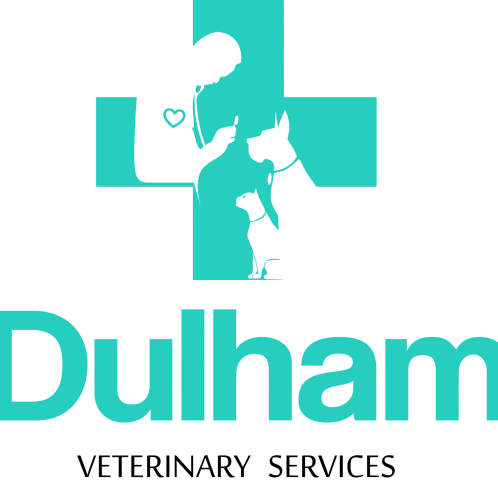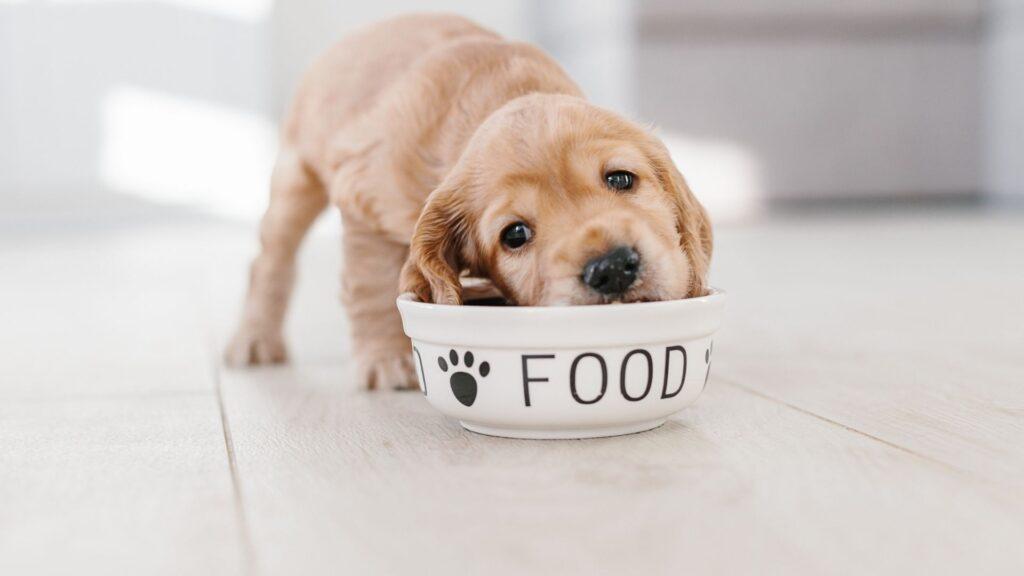Understanding Nigerian Puppy Nutrition Needs
Raising a healthy puppy in Nigeria requires special attention to proper nutrition despite unique challenges like limited commercial dog food options and varying regional ingredients. This comprehensive puppy feeding guide in Nigeriawill help you navigate every developmental stage from 2 weeks to 12 months, ensuring your puppy grows into a strong, healthy dog.
Feeding Puppies at 2-4 Weeks (Weaning Phase)
Very young puppies at 2-4 weeks should primarily rely on their mother’s milk, which provides essential antibodies and nutrients. If you’re handling orphaned puppies, consult a Nigerian veterinarian for appropriate milk replacers.
When beginning the weaning process around 3-4 weeks:
- Start with a mixture of puppy milk replacer and commercial puppy food softened with warm water
- Make a gruel-like consistency that’s easy for puppies to lap
- Nigerian pet owners can find milk replacers at major pet shops in Lagos, Abuja, and Port Harcourt
For a Nigerian puppy feeding guide, it’s crucial to introduce locally available proteins gradually during this phase. Mashed eggs can be an excellent starter protein for weaning puppies.
RECOMMENDED
- Spectrum Dog Food Review: Is It Worth It for Your Small or Medium Breed?
- Understanding Puppy vs Adult Dog Nutritional Needs in Nigeria
- Top Dog Foods for Medium and Large Breeds in Nigeria: Complete Nutrition Guide
Feeding Puppies at 4-8 Weeks in Nigeria
As your puppy reaches 4-8 weeks, they’ll transition to more solid food. The puppy feeding guide in Nigeriarecommends:
- Gradually reduce milk replacer while increasing softened puppy food
- Feed 4-5 small meals daily on a consistent schedule
- Provide fresh water at all times
- Locally available brands like Binggo and Perfect Companion offer balanced puppy formulas
During this critical growth period, puppies need approximately 25-30% protein content in their diet. Nigerian pet owners should verify nutritional information on packaging or consult veterinarians.
Feeding Puppies at 2-4 Months in Nigeria
At 2-4 months, your puppy’s growth accelerates dramatically. Following this puppy feeding guide in Nigeria will support healthy development:
- Feed 3-4 meals daily of high-quality puppy food
- Ensure proper calcium and phosphorus ratios for bone development
- Consider supplementing with locally sourced proteins like boiled chicken or fish
- Avoid giving bones that could splinter and cause internal injuries
Nigerian climate considerations: During hot seasons, puppies may eat less but drink more. Always provide clean, fresh water and monitor weight gain consistently.
Feeding Puppies at 4-6 Months: Middle Growth Phase
By 4-6 months, your puppy should be fully weaned and eating solid food. According to this puppy feeding guide in Nigeria, puppies at this stage need:
- 3 meals daily of quality puppy food
- Protein content around 22-24% of their diet
- Adequate fat content (8-10%) to support energy needs
- Consideration of breed size (larger breeds need controlled calcium intake)
Nigerian alternatives for commercial food include homemade diets of:
- Boiled rice with lean meat (chicken, beef, or fish)
- Cooked vegetables like carrots and green beans
- Occasional eggs for additional protein
- Always avoid toxic foods like onions, garlic, and chocolate
Feeding Puppies at 6-12 Months: Transition to Adulthood
As your puppy approaches their first birthday, their nutritional needs continue to evolve. This puppy feeding guide in Nigeria recommends:
- Reducing feeding frequency to 2 meals daily by 6-9 months
- Gradually transitioning large breeds to adult food around 12 months
- Maintaining puppy food longer for small breeds (up to 12-15 months)
- Monitoring weight to prevent obesity as growth rate slows
For Nigerian pet owners, affordability is important. Consider these cost-effective options:
- Mix quality commercial food with appropriate home-cooked additions
- Buy in bulk when possible to save on premium brands
- Incorporate locally available proteins like eggs and fish
- Join pet owner groups to share bulk purchasing opportunities
Nigerian-Specific Feeding Considerations
This puppy feeding guide in Nigeria acknowledges unique local circumstances:
Climate Impact: Nigeria’s heat can affect appetite and hydration. During hot seasons:
- Feed during cooler morning and evening hours
- Ensure constant access to fresh water
- Monitor for signs of dehydration
Local Ingredients: Incorporate nutritious Nigerian foods like:
- Lean meats from local markets
- Fresh fish (thoroughly deboned)
- Eggs from local poultry
- Well-cooked rice and sweet potatoes
Parasite Prevention: Maintain regular deworming as intestinal parasites common in Nigeria can affect nutrient absorption.
Raising Healthy Nigerian Puppies
Following this puppy feeding guide in Nigeria from 2 weeks to 12 months will help your puppy develop properly despite regional challenges. Remember that individual puppies may have unique requirements based on breed, size, and health conditions.
Consult Nigerian veterinarians for personalized feeding advice, especially if your puppy shows any digestive issues or growth concerns. With proper nutrition and care, your Nigerian puppy will grow into a healthy, happy adult dog.
Ready to raise a strong, healthy puppy? Start with our trusted Nigerian puppy feeding guide and give your pup the best start in life!
Visit Us
No 23 Crown Court Estate 2, Orunbe close , Oniru. Victoria Island, Lagos.
Phone Us
Mail Us
Frequently Asked Questions on Puppy Feeding Guide in Nigeria
1. What is the best food to start weaning a puppy in Nigeria?
Answer:
Start with a mixture of puppy milk replacer and softened puppy kibble to create a gruel-like texture. You can also add mashed eggs as an easy-to-digest source of protein. Make sure the food is warm and soft enough for the puppy to lap.
2. How many times should I feed my puppy daily?
Answer:
Feeding frequency depends on age:
- 2–4 weeks: 4–6 times daily (or on demand)
- 4–8 weeks: 4–5 small meals a day
- 2–4 months: 3–4 meals daily
- 4–6 months: 3 meals daily
- 6–12 months: Gradually reduce to 2 meals daily
3. Can I feed my puppy local Nigerian foods instead of commercial dog food?
Answer:
Yes, but it must be balanced and nutritious. Suitable local foods include boiled rice, lean meats (chicken, fish, beef), eggs, and cooked vegetables like carrots. Avoid toxic foods such as onions, garlic, and chocolate. Always consult a vet when formulating homemade diets.
4. When should I switch my puppy to adult dog food?
Answer:
- Small breeds: Around 12–15 months
- Medium to large breeds: Begin transition around 10–12 months
Make the switch gradually over 7–10 days to avoid digestive upset.

